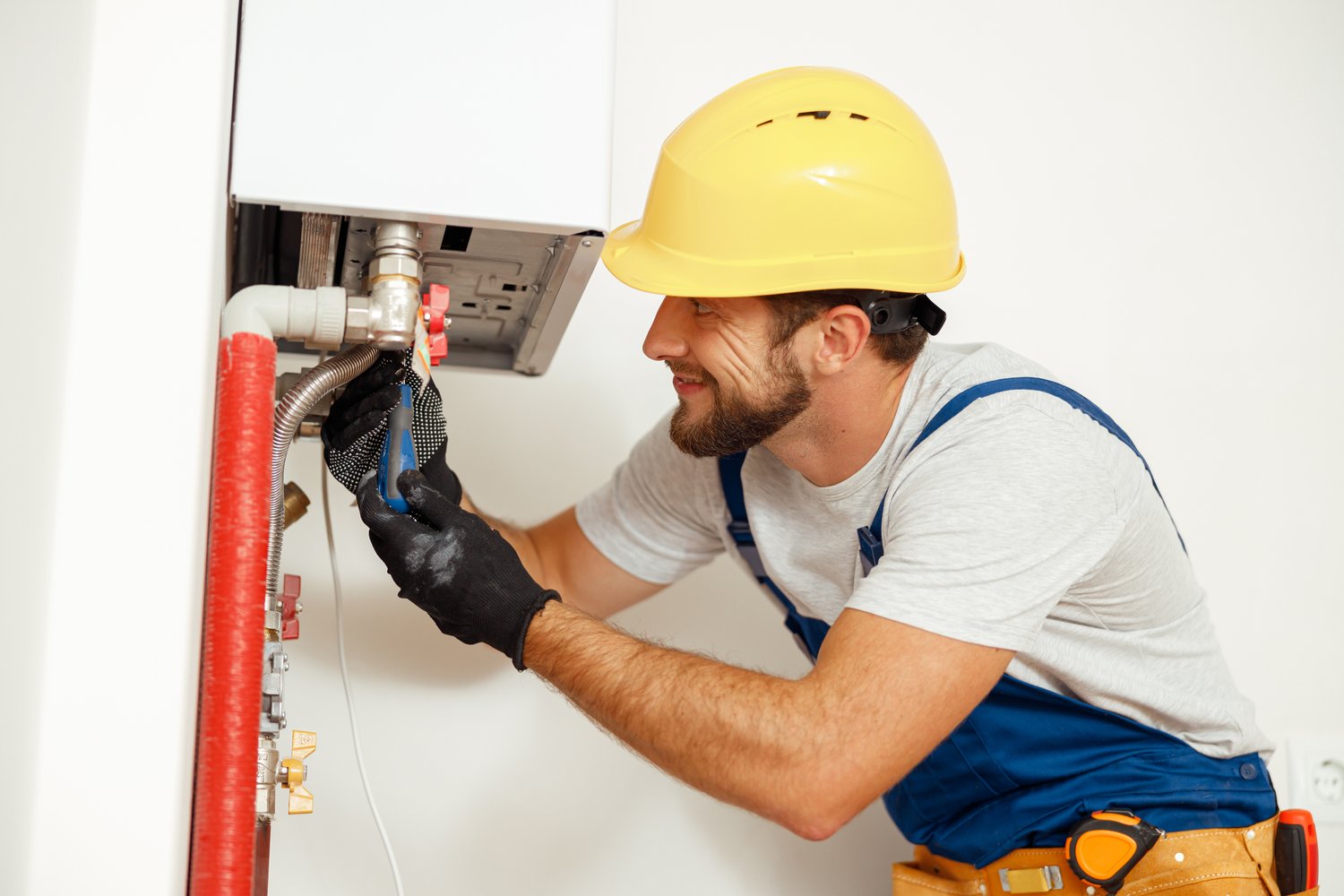Heat pumps have revolutionized the way homeowners think about climate control, offering an innovative solution that handles both heating and cooling needs with remarkable efficiency. Unlike traditional HVAC systems that generate heat, heat pumps simply transfer it from one place to another, making them an energy-efficient alternative for year-round comfort. In this comprehensive guide, we’ll explore how heat pumps work, compare different types, examine their benefits, and share essential maintenance tips to keep your system running optimally.
The Science Behind Heat Pumps
Understanding how heat pumps work begins with a simple principle of thermodynamics: heat naturally flows from warmer areas to cooler ones. Heat pumps leverage this principle but add a twist—they can reverse this natural flow, moving heat from a cool space to a warmer one. This ability makes them versatile for both heating in winter and cooling in summer.
A heat pump system contains refrigerant that circulates between indoor and outdoor components. During winter, the refrigerant absorbs heat from the outside air (even cold air contains some heat energy), ground, or water source. This refrigerant is then compressed, which increases its temperature significantly before releasing the heat indoors. In summer, the process reverses—the system extracts heat from your home and releases it outside, effectively cooling your living spaces.
This dual functionality provides energy efficient heating cooling throughout the year with a single system, eliminating the need for separate heating and air conditioning units. The remarkable efficiency comes from transferring heat rather than generating it, which requires significantly less energy input for the same comfort output.
Air-Source vs Geothermal Heat Pump: Choosing Your System
When considering a heat pump installation, you’ll encounter two main options: air-source and geothermal systems. Understanding the differences between them is crucial for making an informed decision based on your specific needs and circumstances.
Air-source heat pumps extract heat from the outdoor air. They’re more affordable to install and have come a long way in performance, with modern units functioning effectively even in temperatures as low as -15°F. Installation is relatively straightforward, similar to a traditional air conditioning system, making them suitable for retrofitting existing homes. While they’re highly efficient compared to fossil fuel systems, their performance can decrease somewhat during extreme temperature conditions.
Geothermal heat pumps (also called ground-source) tap into the consistent temperatures found beneath the earth’s surface. These systems utilize underground loops filled with water or refrigerant to exchange heat with the ground. The initial installation cost for a geothermal heat pump is higher and requires significant excavation, but they typically offer greater efficiency and lower operating costs over time. Their performance remains consistent regardless of outdoor air temperatures, and they generally last longer than air-source systems—often 20+ years for the heat pump unit and 50+ years for the ground loops.
The choice between these types ultimately depends on your climate, property characteristics, budget, and long-term plans. Professionals from AskHomey can help assess which option best suits your specific situation based on these factors.
Key Benefits of Heat Pump Systems
The benefits of heat pump systems extend beyond their dual functionality. As homeowners increasingly seek energy efficient heating cooling solutions, heat pumps stand out for several compelling reasons. Their efficiency translates to lower utility bills, especially when replacing older, less efficient systems. Many users report savings of 30-40% on their energy costs.
Environmental considerations also favor heat pumps, as they produce zero on-site emissions when running on electricity. As the grid becomes greener with more renewable energy sources, the environmental footprint of heat pumps continues to shrink. Additionally, heat pumps provide more consistent temperatures throughout your home compared to conventional systems, eliminating the hot and cold spots that plague many households.
Modern heat pumps also offer superior humidity control, removing excess moisture during cooling mode more effectively than traditional air conditioners. This feature improves indoor air quality and comfort, particularly in humid climates. The quieter operation of contemporary models further enhances the living environment, with indoor components running at sound levels comparable to a refrigerator.
Essential Heat Pump Maintenance Tips
To ensure your heat pump continues to deliver optimal performance and efficiency, regular maintenance is crucial. Following proper heat pump maintenance tips can extend the lifespan of your system and prevent costly repairs.
Change or clean air filters every 1-3 months depending on usage and environmental factors. Dirty filters restrict airflow, forcing the system to work harder and consume more energy. Keep the outdoor unit clear of debris, leaves, snow, and ice, maintaining at least two feet of clearance around the unit to ensure proper airflow.
Check the refrigerant lines (the insulated pipes connecting the indoor and outdoor units) periodically for damage to the insulation. Damaged insulation reduces efficiency and could lead to more serious problems. Clean the indoor coil and condensate drain annually to prevent buildup that could impact performance or cause water damage.
Schedule professional maintenance at least once a year. Technicians perform comprehensive inspections, checking refrigerant levels, electrical connections, motor operation, and other critical components that require specialized knowledge and tools. This professional attention helps identify potential issues before they become major problems.
For maximum efficiency, consider upgrading your thermostat to a programmable or smart model that can optimize your heat pump’s operation based on your schedule and preferences, further enhancing the energy efficient heating cooling capabilities of your system.
For more tips and to connect with reliable home service professionals, follow AskHomey on Facebook and Instagram.



